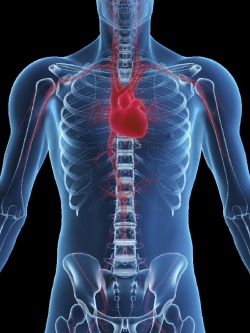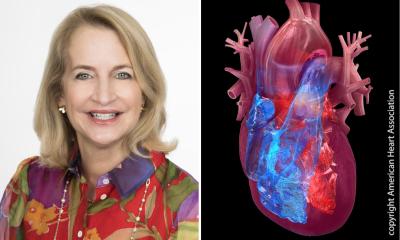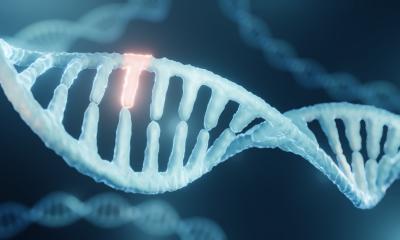The New York Academy of Sciences Conference
4-5 November - Barcelona
This two-day international scientific symposium follows two previously successful conferences held by the New York Academy of Sciences (NYAS), ‘la Caixa’ Welfare Projects, and the International Centre for Scientific Debate (ICSD) for researchers, physicians, scientists and representatives of the related industries, working in cardiology, vascular disease, inflammation, regenerative medicine, metabolic disorders, haematology and nutrition.

‘The meeting in Barcelona is a challenge because we are going to touch on two transitions: how we go from disease to promoting health in the next 20 years, and how we move from the heart to the brain,’ explained Valentin Fuster MD PhD, Director of Zena and Michael A Wiener from the Cardiovascular Institute and the Marie-Josée and Henry R Kravis Centre for Cardiovascular Health at Mount Sinai Medical Centre, New York and also Director of Fundacion Centro Nacional de Investigaciones Cardiovasculares Carlos III (CNIC) in Madrid. ‘Therefore it will be a very interesting meeting with a tremendous sense of the future, putting together all sorts of people in the health system and in science. It’s really exciting, because what we are really talking about is the next two decades.’
The symposium will present an impressive roster of 23 keynote and plenary speakers and panel discussions, posters -- outstanding poster presenters may be selected to give brief oral presentations in the Data Blitz session -- along with the usual panoply of networking breaks, a conference reception, and a career development workshop.
Along with fostering multidisciplinary dialogue among those working in this field, the programme aims to disseminate the symposium’s proceedings to a wider public by producing high-quality materials and gaining press coverage.
In addition, on 3 November the scientific programme will be paired with an evening satellite lecture on this topic, by Dr Valentin Fuster, to target the general public.
Details: www.nyas.org/cardiovascular
26.08.2011





